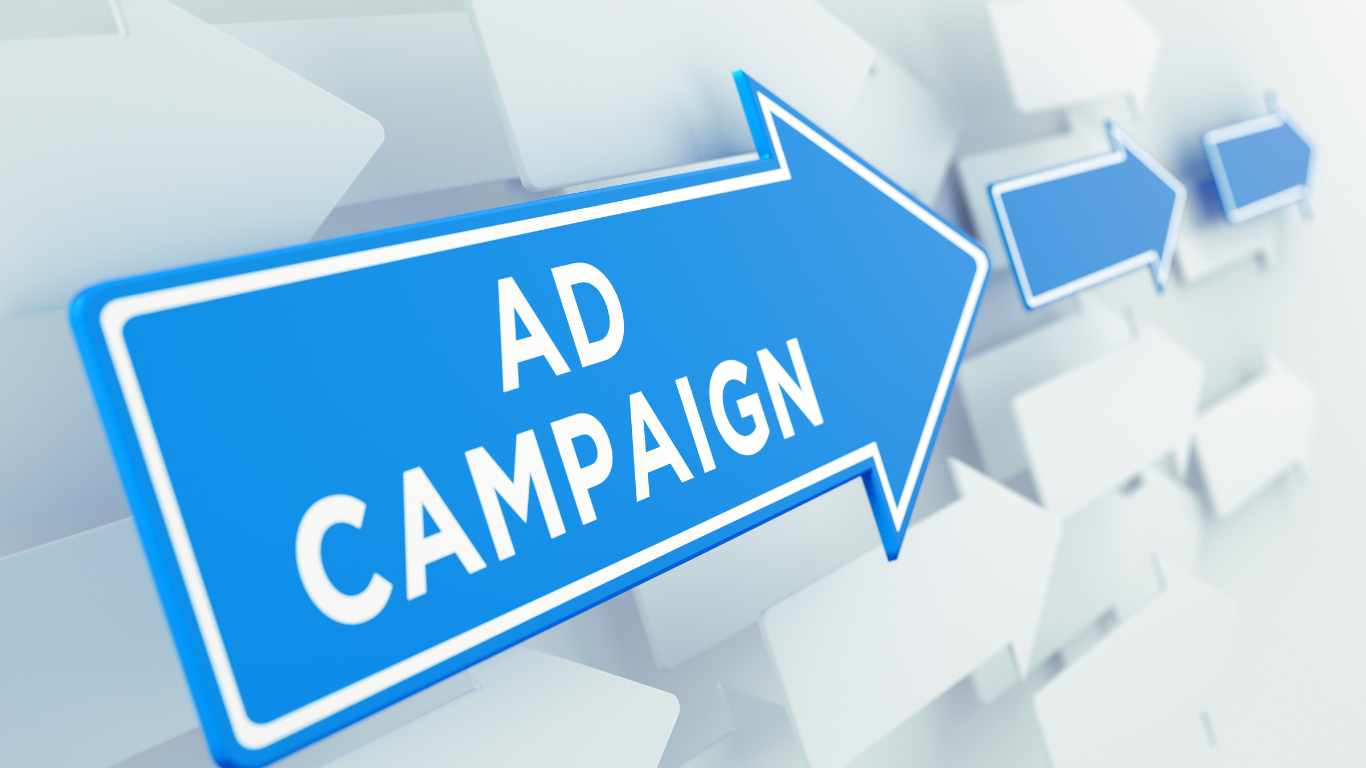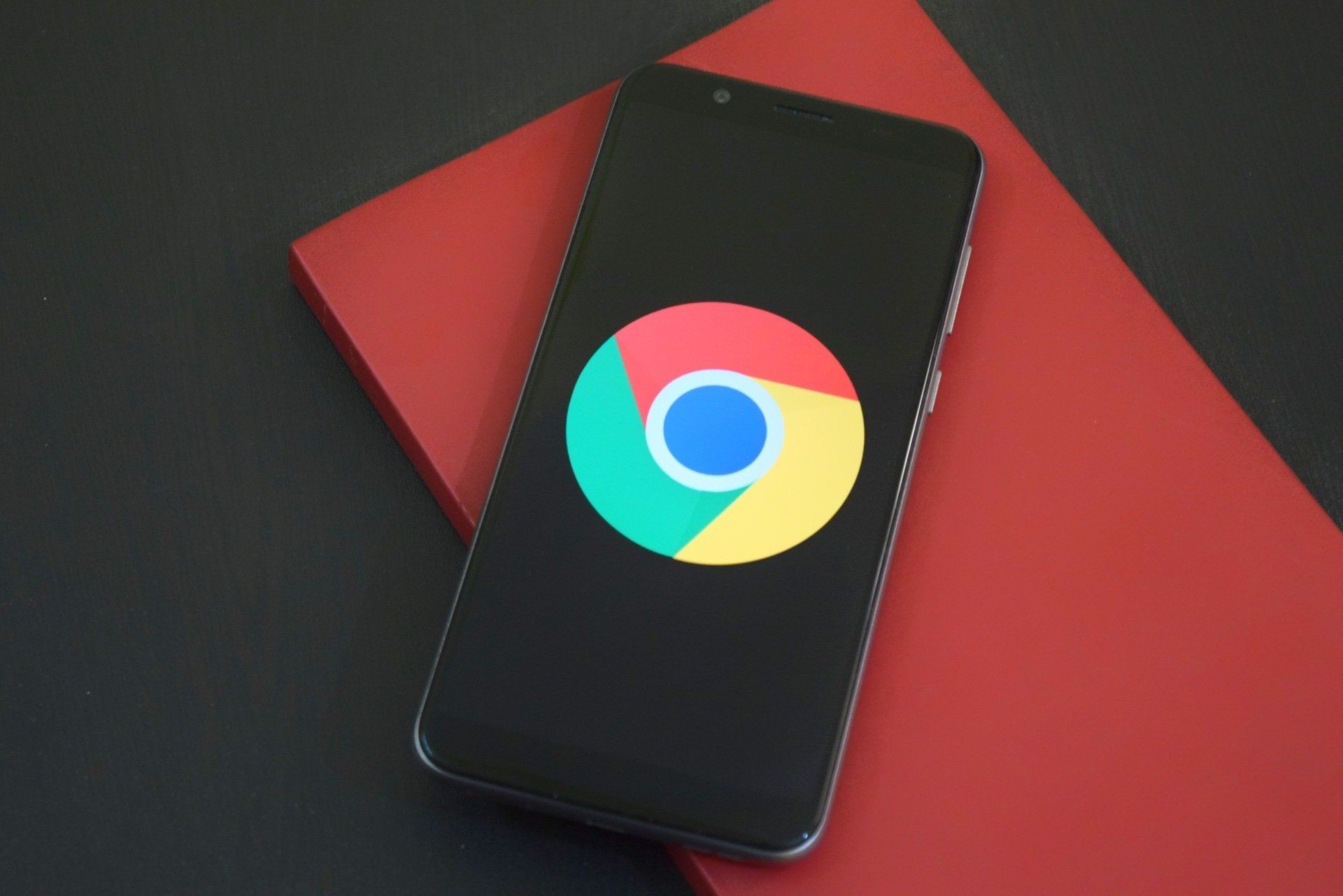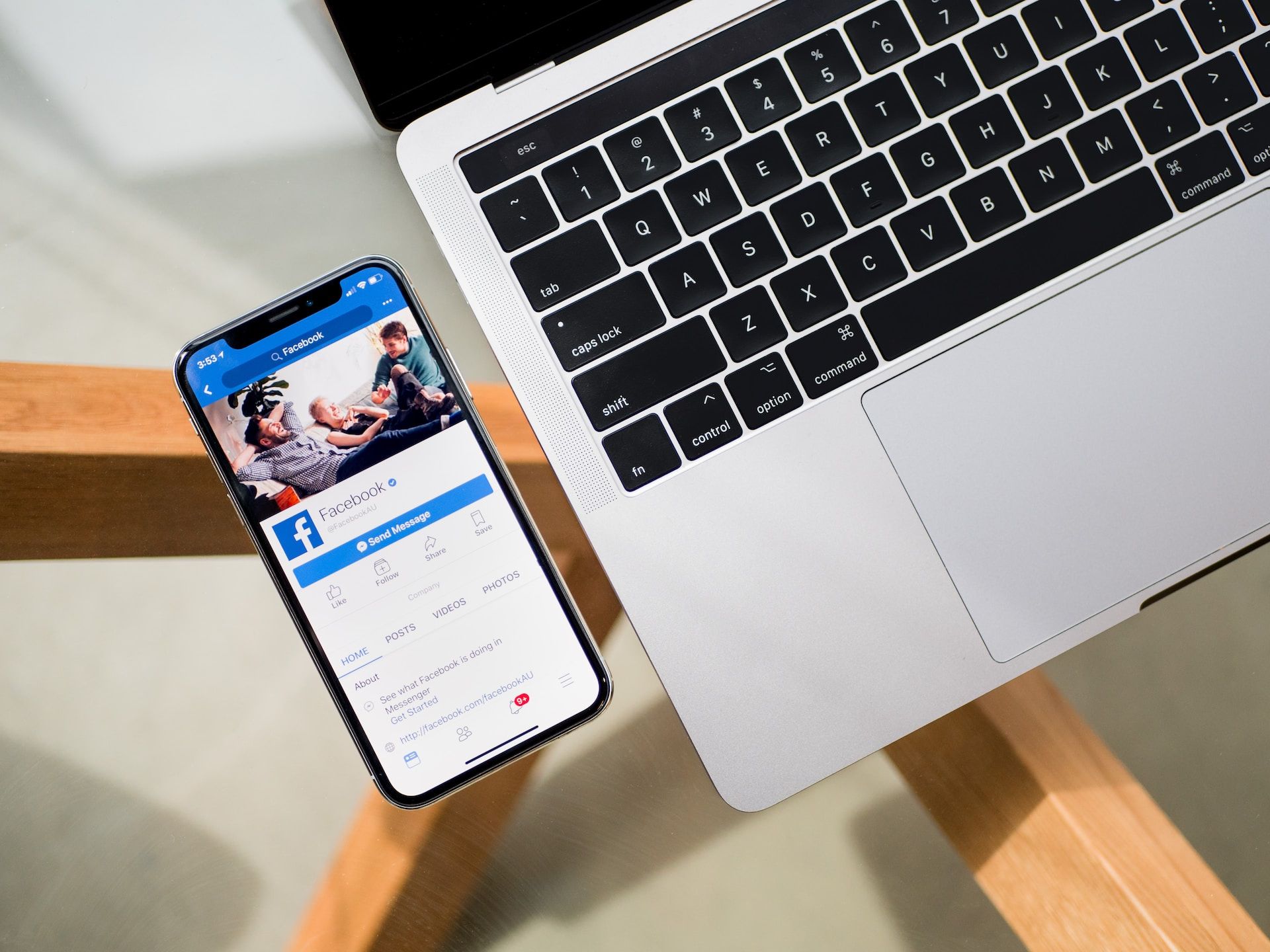Follow Us
10 Street Name, City Name
Country, Zip Code
555-555-5555
myemail@mailservice.com
The Future of Advertising: How Facebook Ads Are Helping Businesses Scale in 2025
In the world of digital marketing, search engine optimisation (SEO) plays a pivotal role in driving organic traffic and enhancing online visibility. To effectively optimise your website and attract search engine attention, you must strike the right balance between on-page and off-page SEO. Navigating the maze of SEO best practices can be challenging, but understanding the key differences between these two facets is crucial for elevating your website's ranking and ensuring long-term success.
Dive into our in-depth exploration of on-page and off-page SEO, where we'll demystify the complexities and uncover effective strategies tailored to bolster your online presence. We'll provide you with actionable insights on enhancing your site's content, structure, and user experience (on-page) while maximising your backlink portfolio and engagement on social media platforms (off-page).
Strengthening both on-page and off-page SEO offers the ultimate recipe for digital marketing success, propelling your website to the top of search engine results pages and driving a steady stream of organic traffic.
Whether you're a seasoned digital marketer or just beginning your SEO journey, Elk Media Group's comprehensive guide to on-page and off-page SEO will arm you with the knowledge and tools required to optimise your website and outperform the competition.
1. Search Engine Optimisation (SEO)
SEO is the process of optimising your website to achieve higher rankings in search engine results, thereby increasing your website's visibility and organic traffic. Effective SEO strategies include:
- Keyword Research: Identify the most relevant and high-performing keywords for your business using tools such as Google Keyword Planner, Moz Keyword Explorer, or Ahrefs Keywords Explorer. Incorporate these keywords strategically throughout your website content to improve search engine rankings.
- On-Page Optimisation: Optimise your website's content, meta tags, headers, and URL structure to enhance your site's relevance for targeted keywords. Additionally, ensure that your site is mobile-responsive and has fast loading times to improve user experience.
- Off-Page Optimisation: Build high-quality, authoritative backlinks to your website through guest posting, directory submissions, and social media promotions. Backlinks serve as endorsements, signalling to search engines that your website is trustworthy and valuable.
- Content Marketing: Publish and promote high-quality, engaging content that answers your target audience's questions, solves their problems, and establishes your brand as an authority within your industry.
2. Google Ads
Google Ads is a pay-per-click (PPC) advertising platform that allows businesses to display their ads on Google search results, Google Display Network, and YouTube. To get the most out of your Google Ads campaigns, focus on:
- Campaign Structure: Organise your campaigns and ad groups according to themes or product categories for better manageability, and target your ads with precision.
- Keyword Selection: Select high-performing keywords based on search volume, competitiveness, and relevance. Use match types, such as broad match, modified broad match, phrase match, and exact match, to control when your ads are displayed.
- Ad Creation: Write compelling ad copy with relevant headlines, descriptions, and display URLs. Include CTAs and leverage ad extensions, such as callouts, site links, and structured snippets, to enhance your ad's effectiveness.
- Landing Pages: Ensure your landing pages are engaging, relevant, and tailored to the ad copy and targeted keywords. A seamless user experience with clear CTAs will encourage higher conversion rates.
- Performance Tracking: Monitor essential metrics like CTR, CPC, conversion rates, and cost per conversion to optimise your campaigns and maximise ROI.
3. Facebook Advertising
Facebook advertising is an excellent method to target your audience based on their interests, behaviours, and demographics. To make the most of your Facebook advertising efforts, consider the following:
- Ad Formats: Select the most suitable ad format for your campaign goals, such as photo, video, carousel, slideshow, or collection ads.
- Targeting Options: Leverage Facebook's advanced targeting options, including Custom Audiences, Lookalike Audiences, and Saved Audiences, to reach users who are most likely to engage with your ads.
- Ad Placements: Choose the best placements for your ads (e.g. Facebook News Feed, Instagram, Audience Network) to ensure they reach your target audience effectively.
- Creative Assets: Create striking visuals, engaging ad copy, and select the best CTAs to enhance ad performance.
- Campaign Optimisation: Regularly monitor and analyse your campaign's metrics, such as reach, frequency, CTR, and conversions, to identify areas for improvement and optimise your strategy accordingly.
4. Instagram Promotions
Instagram promotions enable you to boost your brand's visibility, engage with your audience, and drive business growth. To make the most of this powerful platform, implement these strategies:
- Striking Visuals: Capture users' attention through high-quality images and videos that showcase your brand aesthetics and deliver engaging content.
- Hashtags: Use relevant hashtags to increase your content's visibility, enabling users to discover your brand organically.
- User-Generated Content (UGC): Encourage followers to share their experiences with your brand, thereby promoting trust and credibility with your target audience.
- Influencer Collaborations: Partner with influencers who align with your brand values to extend your reach and increase engagement.
- Ad Formats: Take advantage of a range of ad formats, including Photo Ads, Video Ads, Carousel Ads, Collection Ads, Stories Ads, and IGTV Ads to connect with users through various content types.
5. Analytics and Reporting
Regularly track and analyse your digital marketing performance to optimise your strategies, make data-driven decisions, and maximise ROI. Key metrics to monitor include:
- Organic Traffic and Rankings: Use tools like Google Analytics and Google Search Console to monitor your SEO performance, tracking organic traffic, search rankings, and high-performing keywords.
- Ad Metrics: Track key ad performance indicators, including click-through rates, cost per click, and conversion rates, to measure the effectiveness of your Google Ads and Facebook Ads campaigns.
- Social Media Engagement: Monitor your Instagram promotions for engagement rates, follower growth, and reach, enabling you to refine content strategy and audience targeting.
By implementing these essential components in your digital marketing strategy, you can develop a well-rounded approach to online promotion, growth, and success.
Master the Digital Sphere with Expert Support from Elk Media Group
Creating a powerful and results-driven digital marketing strategy is imperative to succeed in today's highly competitive online landscape. By effectively integrating SEO, Google Ads, Facebook advertising, and Instagram promotions, your business can build a robust online presence, attract and retain customers, and ultimately increase profitability.
However, navigating the complexities of digital marketing can be overwhelming without expert guidance and support. At Elk Media Group, our team of skilled digital marketing professionals have the knowledge and experience needed to create tailored, high-performance strategies that align with your specific business goals. We understand what it takes to craft and execute integrated marketing campaigns that drive meaningful results.
Are you ready to take the reins of your business's digital success and soar to new heights? Elk Media Group is committed to helping you exceed your online potential. Connect with us today to explore how our team of experts can develop, optimise, and manage your
digital marketing strategy, propelling your business to the forefront of innovation and success. Trust Elk Media Group as your dedicated partner in digital marketing excellence.
As the digital landscape continues to evolve, Facebook Ads remain one of the most effective tools for businesses looking to thrive in 2025. Despite the rise of new social platforms, Facebook’s advertising solutions have consistently proven to deliver results. Whether you're a small business owner, an e-commerce brand, or a service provider, Facebook Ads are more than just an option—they’re a necessity.
In this post, we'll explore how Facebook Ads in 2025 can help your business scale, attract targeted customers, and maximise ROI.
- The Power of Precision Targeting in 2025
One of the most significant advantages of Facebook Ads in 2025 is its advanced targeting capabilities. Facebook's powerful algorithm allows businesses to precisely reach their ideal customers by targeting based on:
- Demographics: Age, gender, job title, and more.
- Interests: Based on users' behaviours, pages they follow, or content they engage with.
- Location: Target specific cities, regions, or countries, ideal for local businesses.
- Purchase Behaviour: Facebook can even analyse purchasing habits, making it easier to find high-intent buyers.
In 2025, Facebook has enhanced these targeting options with AI-powered recommendations, allowing businesses to optimise their ad campaigns without extensive manual adjustments. The more data Facebook collects, the better it gets at reaching the right people at the right time, which results in higher conversion rates.
2. Engaging Ads with Video, AR, and Interactive Features
Video ads are nothing new, but in 2025, they’ve become even more interactive. Augmented Reality (AR) ads and immersive video formats are revolutionising the way businesses engage their audience. Imagine a customer being able to try on sunglasses virtually through a Facebook ad or exploring a 360-degree tour of a luxury property—all through their mobile device.
These interactive ad formats not only increase user engagement but also create memorable experiences that foster stronger brand connections. Engaging content leads to higher click-through rates (CTR) and, ultimately, better returns on your advertising spend.
3. E-Commerce Integration: Facebook Ads as a Shopping Hub
If you're in e-commerce, Facebook Ads in 2025 can do more than just drive traffic to your website. With Facebook Shops and Instagram Shopping integrations, businesses can now directly sell through their ads, making it easier for users to browse and purchase products without ever leaving the platform.
Facebook’s dynamic product ads allow businesses to automatically show relevant products to users who have shown interest in them on your website. Retargeting becomes a breeze—if someone views a product but doesn’t buy it, Facebook can automatically serve them a follow-up ad to encourage the purchase.
This seamless e-commerce experience ensures that businesses capture potential customers at every stage of the buying journey, leading to more conversions and higher revenue.
4. Optimised Ad Budgeting with Higher ROI
In 2025, Facebook Ads offer budget flexibility, allowing businesses to scale their campaigns based on their goals. You can set a daily or lifetime budget and let Facebook's AI optimise your campaigns in real-time to get the best results within your budget. Facebook Ads are also extremely cost-efficient, allowing even small businesses to compete with larger brands.
With tools like Automatic Placement, your ads can appear across Facebook, Instagram, Messenger, and the Audience Network, giving you maximum exposure with minimal effort. Plus, with Facebook’s enhanced analytics tools, you can track your Return on Ad Spend (ROAS) and measure the success of each campaign, ensuring that you’re getting the most value for your ad spend.
5. Improved Lead Generation with Facebook Ads
Lead generation is a key priority for many businesses, and Facebook’s Lead Ads in 2025 make it easier than ever to capture high-quality leads. These forms allow potential customers to submit their information directly through the ad, without having to leave the platform.
With features like auto-filled forms (based on user data), the process is seamless for potential leads, improving conversion rates and reducing friction. Lead Ads are perfect for businesses offering services, events, or downloadable content, making it simple to follow up with leads in a timely manner.
6. Real-Time Analytics to Optimise Campaigns
One of the most significant benefits of Facebook Ads in 2025 is the access to real-time data and insights. With Facebook Analytics and Ad Manager, businesses can closely monitor the performance of their ads and tweak them as needed. This ensures that your marketing efforts are always improving.
You can track key metrics such as click-through rates, conversion rates, cost per lead, and customer engagement, giving you a clear picture of how your ads are performing. The ability to continuously monitor and optimise campaigns based on real-time feedback means that you can scale your business faster, with fewer wasted resources.
Why Facebook Ads are Essential for Business Success in 2025
As businesses look to grow and scale in 2025, Facebook Ads remain one of the most powerful tools at their disposal. With advanced targeting options, interactive ad formats, e-commerce integration, and real-time analytics, Facebook Ads offer unparalleled opportunities for businesses to reach their audience, drive conversions, and achieve a positive ROI.
Whether you're a startup or an established enterprise, investing in Facebook Ads can help you unlock business growth and stay competitive in an ever-changing digital world.
If you haven’t already, now’s the time to integrate Facebook Ads into your marketing strategy for 2025 and beyond. With the right approach, your business can leverage this platform to drive new customers, build brand loyalty, and take your business to new heights.

Ready to grow your business?
2025 All rights Reserved | Elk Media Group









